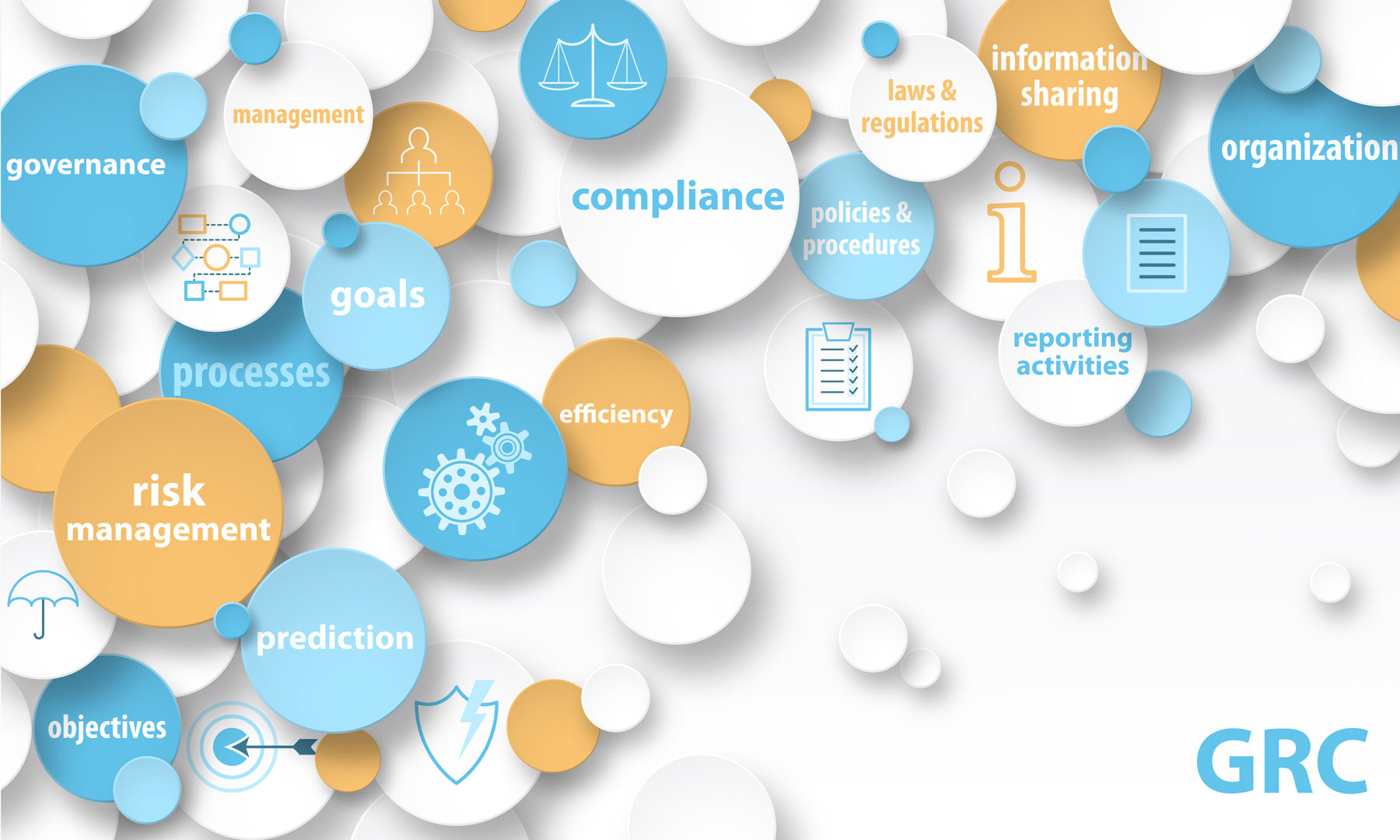Thought Leadership
Navigating the Compliance Landscape: Your Guide to Regulatory Success!

5 Ways GRC Solution Can Help Mitigate AML Risk
The challenges that financial institutions face in complying with AML regulations. These challenges include keeping up with changing regulations, implementing effective risk-based AML programs, detecting, and reporting suspicious activity, and managing compliance costs. By implementing a GRC solution, financial institutions can mitigate these risks and improve operational efficiency.

5 Ways GRC Solution Can Help Mitigate AML Risk
The challenges that financial institutions face in complying with AML regulations. These challenges include keeping up with changing regulations, implementing effective risk-based AML programs, detecting, and reporting suspicious activity, and managing compliance costs. By implementing a GRC solution, financial institutions can mitigate these risks and improve operational efficiency.

Key AML Red Flag Indicators – VC Transactions
As the use of virtual currencies continues to gain popularity, financial institutions and regulatory bodies face increasing challenges in detecting and preventing money laundering activities. Virtual currencies, such as Bitcoin, Ethereum, and others, offer unique opportunities for illicit actors to exploit the anonymity and borderless nature of these digital assets. To combat money laundering effectively, it is crucial to identify red flag indicators associated with virtual currency transactions.

Best Practices for Establishing a Robust Vendor Monitoring Framework
In today’s interconnected business landscape, organizations increasingly rely on third-party vendors and suppliers to support their operations. However, outsourcing critical functions introduces new risks that need to be effectively managed. Establishing a robust vendor monitoring and auditing framework is essential to ensure compliance, mitigate risks, and maintain the integrity of your organization’s operations.

AML Challenges for DBPs
AML regulations aim to prevent the use of illicitly obtained funds and assets for criminal activities. DNFBPs, or Designated Non-Financial Businesses and Professions, refer to a diverse group of entities or individuals, such as real estate agents, lawyers, and dealers in precious metals or stones, that are involved in activities outside of the traditional financial sector but have potential to be exploited for money laundering, terrorist financing, or other illicit financial activities.

AML Challenges for NBFIs
AML regulations are designed to prevent the use of financial institutions for illicit activities, such as money laundering and terrorist financing. Non-bank financial institutions (NBFIs) are entities that provide financial services but are not banks, such as money services businesses, securities dealers, and virtual currency providers. These entities are also subject to AML regulations, but they often face unique challenges compared to traditional banks.
